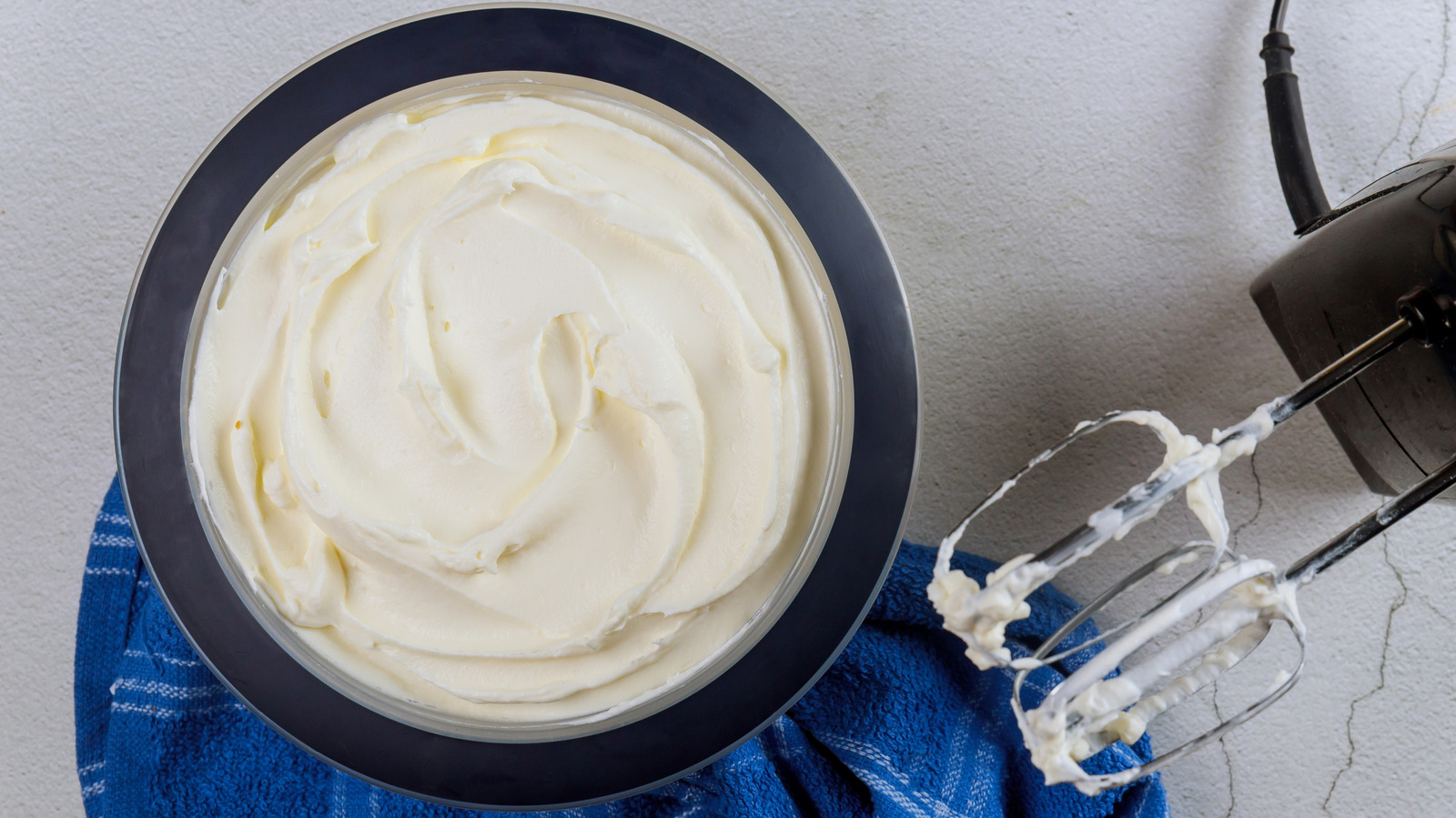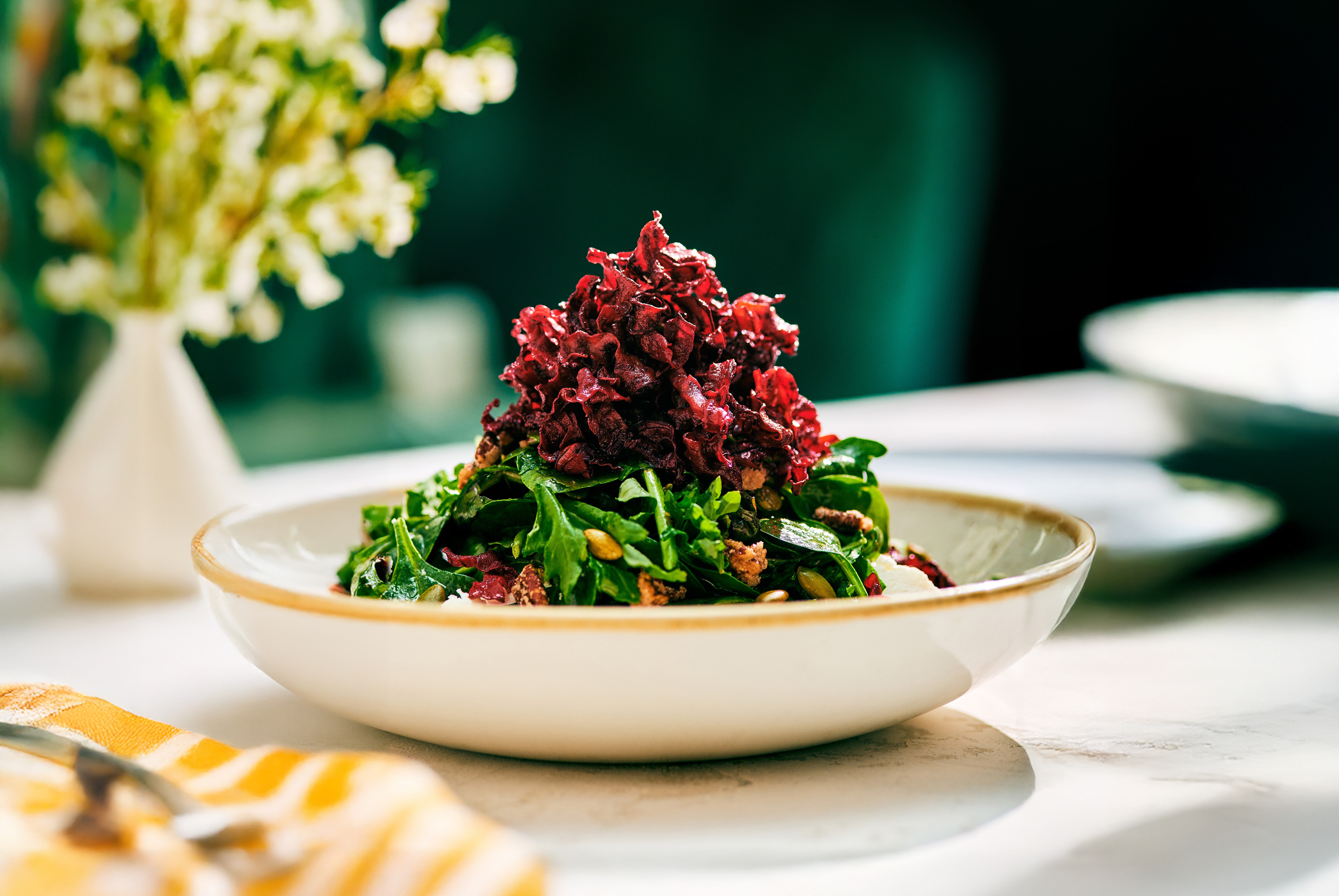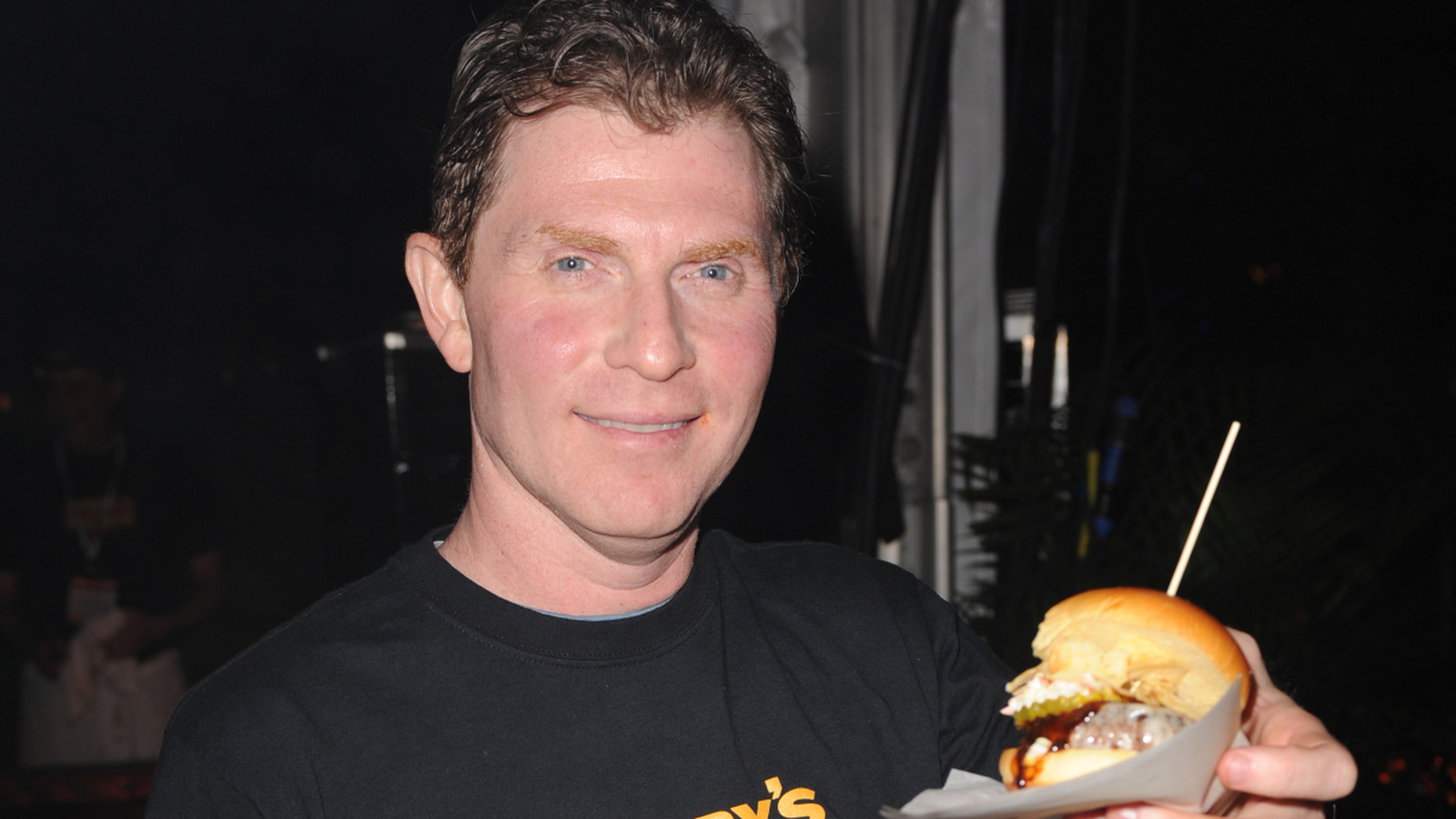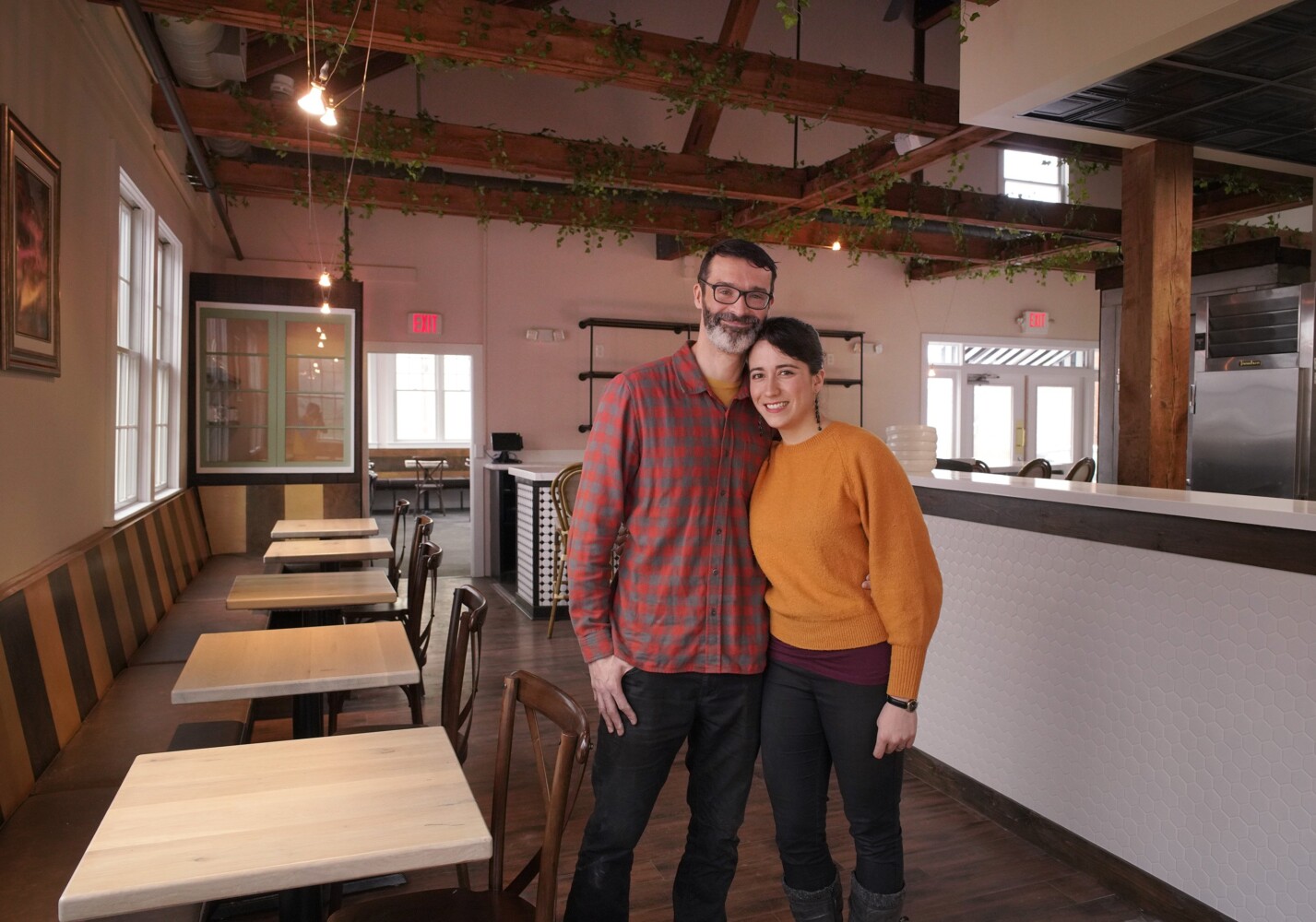We may receive a commission on purchases made from links. Anthony Bourdain didn't exactly shy away from risk. This was a man who ate warthog anus on camera.
But mussels? That was a line he didn't cross unless he had a very good reason. In his book, " Kitchen Confidential ," he put it bluntly: Unless he personally knew the chef — or saw firsthand how the mussels were being handled — he wouldn't order them. A harsh call, maybe.

But Bourdain had the receipts. Years of working the line gave him a particular kind of kitchen clairvoyance. He'd seen enough walk-ins and prep stations to know where corners get cut.
Mussels, which are often treated as low-effort appetizers on menus, demand careful storage and quick turnaround. And unless he could confirm they were being stored properly, he was out. Sure, the seafood tower he tried in Paris might have stunned Bourdain .
But he still approached mussels with caution — he'd seen too much behind the scenes to be swayed by a polished plate. There's a reason Anthony Bourdain didn't trust mussels Mussels aren't dangerous by default — but when something goes wrong, they don't exactly give a heads-up. One slip in prep or storage, and you're dealing with a bacterial mess.
That's part of why Anthony Bourdain was so specific about where he'd eat them — not every kitchen takes storing mussels safely as seriously as they should. Special storage setups for mussels aren't exactly standard — most kitchens skip the draining step entirely, even though it makes all the difference. Let them sit in stagnant liquid too long, and you're asking for trouble.
Plus, shared tools, cutting boards, or trays can quickly turn into cross-contamination nightmares. One tip if you do take the plunge and order mussels: Cooked mussels should open on their own in the pot. Since restaurants often steam large batches and serve quickly, it's not unusual for a few closed ones to end up on your plate.
But if a shell stays shut after cooking, don't eat it — it's a sign the mussel wasn't alive going in. Shellfish-related illness doesn't always stay mild — it can escalate fast, especially for people with chronic health issues or weakened immune systems. Bacteria like E.
coli, Listeria, Salmonella, and clostridium botulinum aren't rare in contaminated seafood, and they don't exactly pull punches. The risks are real. And if mussels still sound good after all that, it might be time to skip the mystery and just learn how to cook mussels at home .
.
Food

The Seafood Option You Would've Never Caught Anthony Bourdain Ordering

Anthony Bourdain's behind-the-scenes knowledge of restaurant kitchens led to him being very wary of ordering this dish, unless he knew the chef.















